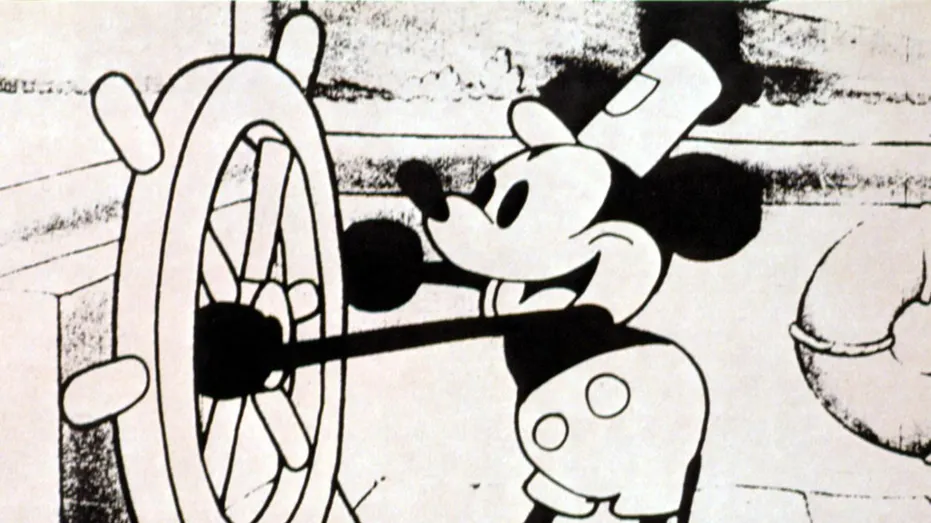
Karen Julieth Ojeda Rodríguez, infamously known as “La Muñeca” which means “The Doll”, was arrested on Dec 1, 2024, in Barrancabermeja, Columbia. She was born in Pereira, Columbia, and initially pursued a path far removed from the criminal underworld. Ojeda began as a model and beauty queen, cultivating an image of elegance and success. However, aspirations for wealth and power led her into the orbit of drug trafficking networks, which has now ruined her life for the most part. At 23 years old she was a popular figure in the Los de la M cartel, a criminal organization involved in drug trafficking, extortion, and murder. She has arrest marks for the many years of violent crimes and territorial disputes in the Santander region.

Ojeda had reportedly joined Los de la M at 18 years old and rapidly rose through the ranks, gaining absolute notoriety for her skillful demeanor, efficiency, and alleged involvement in several murders, including the July 2024 killing of a former partner. Authorities came out to say that she had managed a network of hitmen and played a central role in orchestrating several cartel operations, even serving as the second-in-command to cartel leader John Jairo Fernández, known as “Marihuana”, who continues to run the organization from prison to this day.
Her recent activities had caught the attention of law enforcement to an all high after the day murder of her ex-boyfriend, Deyvy Jesús García Palomino, nicknamed “Orejas.” Ojeda had allegedly ordered his killing following a financial dispute. This horrible event, combined with her ongoing leadership role in the cartel, led to intensified surveillance and her intense capture alongside accomplices.
During the arrest, police seized firearms believed to have been used in targeted killings. Officials have since praised the operation as a significant step in dismantling the violent grip of Los de la M on the region.

Ojeda’s case highlights a broader trend of women now gaining influence in these organized crimes against Latin America. Experts also noted that gender stereotypes usually allow women like her to evade early suspicion, which can give them more power to rise in their criminal hierarchies.
As Columbia rises with escalating cartel violence, “The Doll’s” arrest signals an effort to restrain the growing power of these criminal networks. However, her story, a mix of ambition, crime, and a recent downfall, also underscores the challenges law enforcement faces in addressing systematic problems that feed into or “fuel” cartel dominance.
As “The Doll’ faces the consequences of her sinister actions, her arrest serves as both a victory for law enforcement and a stark reminder of the enduring challenges in Columbia’s fight against cartel violence. While her capture marks a significant milestone, it also raises important questions about the deeper factors that fuel the rise of such influential criminal figures. Overall, Ojeda’s story underscores the need for efforts to address not only the criminals at the top but also the systematic issues that allow these organizations to continue to grow and destroy.







